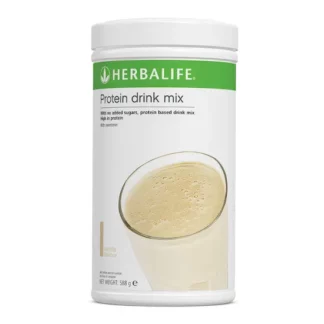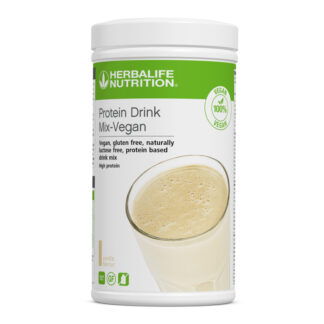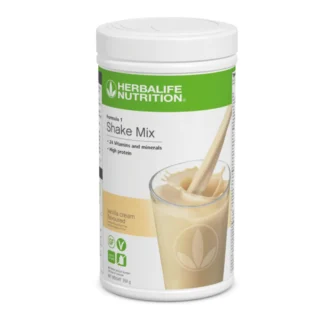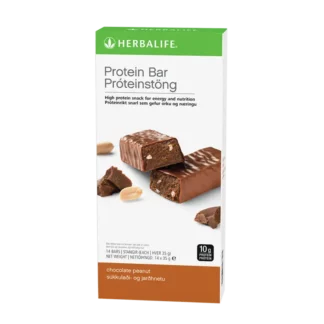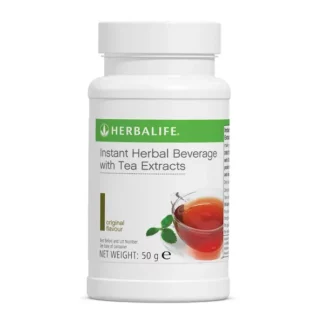
Introduction
Herbalife, the global multi-level marketing (MLM) company known for its nutrition, weight‑management, and wellness products, has established a notable presence in South Africa. But how popular is it really in the country? Let’s dive into the available data, market dynamics, local reception, and public perception to better understand its standing.
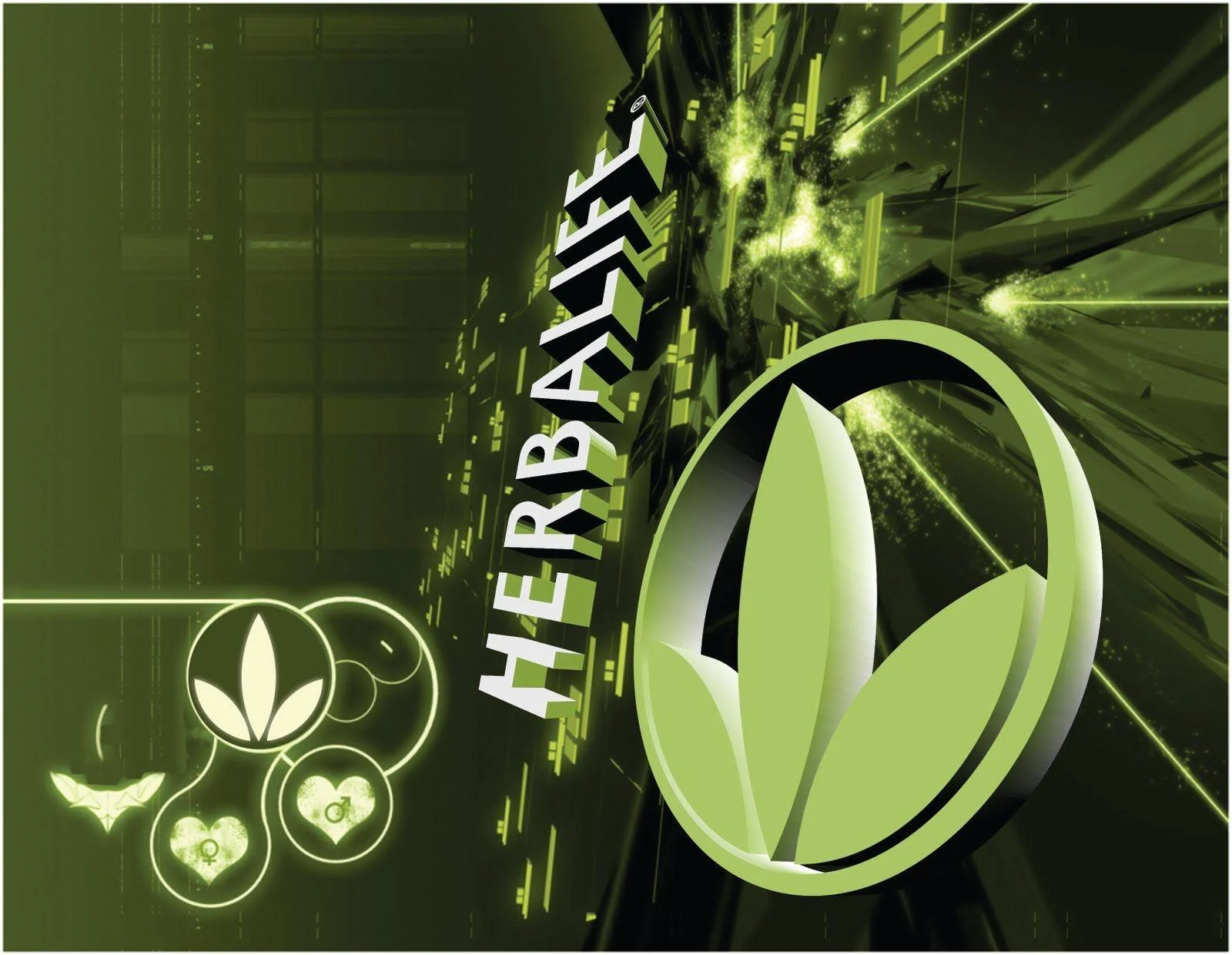
1. The Direct Selling and Weight‑Management Market in South Africa
To measure Herbalife’s popularity, it’s important to understand the broader market context in which it operates.
A. Direct Selling Industry
- The South African direct selling market generated approximately USD 3.51 billion in 2022, projected to reach USD 6.18 billion by 2030, growing at a 7–7.5% CAGR Grand View Research.
- Within this market, health and wellness offerings—which include Herbalife’s shake mixes and supplements—represent the largest revenue segment Grand View Research.
B. Weight‑Management Market
- In 2022, the weight‑management market in South Africa was valued at USD 1.14 billion, expected to grow to USD 2.10 billion by 2030, with an 8% CAGR Grand View Research.
- Notably, Herbalife is listed among the key players in this category, alongside other global brands like Nutrisystem, WW, and Nestlé Grand View Research+1.
These figures indicate robust and growing consumer demand in categories where Herbalife actively competes, suggesting favorable market conditions for its continued presence.
2. Herbalife’s Presence Locally
A. Distributor Network and Brand Recognition
- Herbalife claims to have 1.9 million distributors across 72 countries, including South Africa. To become a distributor please get in contact here. www.herbanutritionshop.co.za
- Within South Africa, the brand has become a “household name,” with most citizens knowing someone who sells or uses Herbalife products.
- The model emphasizes empowerment: a 2023 survey in Europe (though not SA-specific) reported that 85% of independent distributors experienced personal development benefits, such as improved confidence, teamwork skills, and alignment with the brand’s values Herbalife.
B. Local Rollouts and Opportunities
- In 2023, Herbalife launched new meal replacement flavors in South Africa, like Peach Lychee and Yuzu Passionfruit, and introduced on-the-go bars aimed at vegetarian and vegan consumers Insight Survey.
- The starter pack for South African distributors costs around ZAR 900, and includes a 100% money‑back guarantee within 12 months on both the pack and unused products Herbalife. This makes entry relatively low‑risk and accessible.
C. Employer Branding
- Herbalife South Africa has been recognized as one of the country’s Top Employers for at least three consecutive years, highlighting strong internal HR practices and brand reputation among staff Bizcommunity.
3. Market Share and Competition
While official numbers on Herbalife’s market share in South Africa are scarce, broader industry context provides insight:
- The health and wellness segment dominates the direct selling market; with Herbalife being a global leader, it likely holds a significant share of this category Grand View Research.
- In the weight‑management segment, Herbalife stands among the major global players operating locally Grand View Research+1.
- The diet and supplements segments continue to grow, driven by both offline (pharmacies, supermarkets) and online channels—the latter projected to grow fastest with an 11% CAGR Grand View Research. Herbalife already employs an online “wellness coaching” model via independent distributors.
These trends suggest that Herbalife is well‑positioned to maintain or grow its presence amid a rapidly expanding market.
4. Community Sentiment & Criticisms
A. Distributor Earnings and Viability
- A January 2025 Reddit post highlights that “most Distributors in 2023 only benefited from the discount on Herbalife products … the typical Distributor did not receive earnings from Herbalife” Reddit. This candid observation suggests that many may not find Herbalife financially lucrative, even if they continue to use products.
- Historical insight from a 2020 Reddit discussion referenced an industry body report showing 23% of full‑time representatives quit, and overall sales dropped 5%—a sign of possible saturation or struggling retention Reddit.
B. MLM Skepticism and Local Experiences
- South African Redditors in anti-MLM communities frequently express suspicion toward Herbalife, associating its outlets with “fronts” or exploitative practices: “Herbalife is 100% a scam… [they] destroy low income communities” Reddit. “Coach tried with me…” reflecting recruitment pressure in personal settings Reddit. These sentiments point to a strong undercurrent of public skepticism—especially towards the MLM structure behind sales.
5. Final Analysis: How Popular Is It?
A. Brand Awareness & Market Position
Herbalife enjoys high brand awareness in South Africa, buoyed by a large network of independent distributors and an established presence in the fast-growing health and weight‑management markets. Its recognition as a Top Employer also reinforces internal strength and public image.

B. Distribution and Access
The company’s accessible model—with low-cost starter packs, money-back guarantees, and both offline and online selling channels—has facilitated its reach across demographic segments, especially among aspiring entrepreneurs seeking flexible opportunities.
C. Public Reception & Critique
However, the model’s effectiveness appears mixed:
- Many distributors reportedly fail to make meaningful income and may rely on personal product consumption rather than retail sales.
- Public discourse—especially among anti‑MLM circles—paints Herbalife as exploitative or disconnected from mainstream retail.
- Some data even show signs of saturation or attrition within the local distributor base.
6. Conclusion
Herbalife in South Africa is staying prominent, bolstered by:
- Growing health and weight‑management markets,
- Strong direct‑selling infrastructure,
- High brand recognition and recruitment activity.
Yet, popularity is as much about perception as presence. While many know of and interact with Herbalife, skepticism remains prevalent—especially around claims of business viability and ethical concerns related to MLM structures. The question of how truly beneficial Herbalife is—both to consumers and distributors—remains debated.

